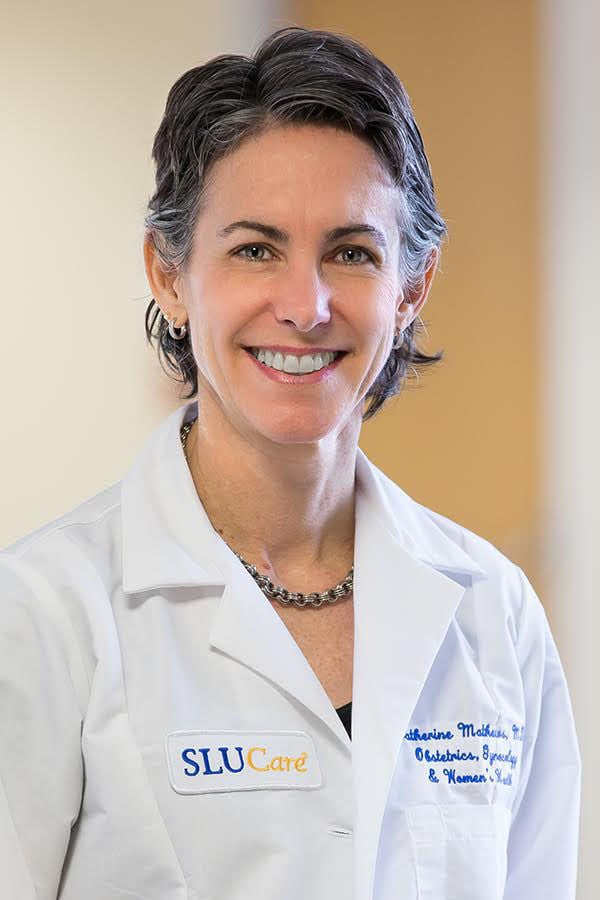While the opioid epidemic rages on, no Missouri doctor was disciplined by the state medical board last year for overprescribing prescription painkillers.
But that could all change this year. The state started collecting and investigating opioid prescription data last month through a statewide drug monitoring program to identify doctors and clinics that overprescribe painkillers. About 500 Missourians died in 2016 from overdosing on prescription painkillers, up from 100 in 2001. Gov. Eric Greitens signed an executive order in July to create the program targeting what he calls “pill mills.”
Before the monitoring program, the Missouri Board of Registration for the Healing Arts could only act after receiving a complaint or when a doctor was charged with a crime.
The healing arts board has long been known for a lax disciplinary system. Last year, the board filed 58 disciplinary actions for a rate of 2.2 actions per 1,000 doctors. The national average is more than four actions per 1,000 doctors, according to a study. The board’s executive director, Connie Clarkston, could not be reached for an interview.
Close to half of the disciplinary actions taken by the board involve automatic suspensions for doctors who don’t file tax returns. The bulk of the other actions involve automatic triggers by court convictions or disciplinary actions taken by other states where the doctor is licensed.
None of the 2017 disciplinary actions, which range from reprimand to revocation, involved a doctor overprescribing prescription painkillers.
The board reinstated the licenses of two doctors who were previously disciplined for opioid-related infractions. Both doctors’ licenses now carry restrictions against prescribing controlled substances.
Dr. Charles Sutherland, who has been disciplined by the healing arts board more than any other doctor, was first placed on probation in 1997 for a history of substance abuse. Sutherland violated his probation five times with convictions for various offenses including fraudulent prescriptions for painkillers. He surrendered his license in 2009 and first requested to be reinstated in 2016.
A prosecuting attorney in Monroe County, where Sutherland ran a clinic in Paris, Mo., told the Kansas City Star in September that Sutherland had contributed to the opioid problem in the county and should not have gotten his license back.
Dr. Michael Impey’s license was revoked in 2008 after he admitted to years of abusing prescription painkillers while treating patients. One patient settled a lawsuit against Impey claiming the doctor had perforated his colon during a colonoscopy at Des Peres Hospital.
It is unclear whether Sutherland or Impey has returned to practicing medicine, and neither could be reached for comment.
Only one of the board’s disciplinary actions in 2017 involved negligence in the care of a patient in Missouri.
Dr. Nathan Hamaker, an ophthalmologist, received a reprimand in September for his 2012 treatment of a patient in the emergency room at Centerpoint Medical Center in Independence. A piece of nail that flew into the patient’s left eye while hammering was seen in a CT scan. Hamaker performed surgery but could not find the fragment and referred the patient to a retinal specialist. Before he could see the specialist, the patient’s eye became infected and ultimately had to be removed. The board reprimanded Hamaker on claims that the doctor did not do a follow-up scan, did not prescribe antibiotics and failed to get the patient to a specialist more quickly.
In a rare move applied only twice in the last few decades, the healing arts board requested and was granted an emergency suspension in December. The license of Dr. Blake H. Donaldson of Kansas City was suspended on allegations of statutory rape of a 16-year-old patient in 2014. Donaldson’s lawyer denied the claims and said the board acted without due process.
It can take years for the board to impose discipline, long after doctors have relocated to practice in other states.
Two years after an inspection of his Webster Groves clinic, Dr. Christopher Creighton received a reprimand from the board last August for failing to keep drug samples in locked storage. Creighton was never disciplined by the board after he settled claims in 2010 that he overcharged Medicare $720,000.
Creighton relocated to California in 2016 and then Texas in 2017. His medical license profiles in California and Texas state he has no disciplinary record in any other state. Creighton declined to comment.
Dr. Kenneth Fattmann received a reprimand for having a sexual relationship with a patient who was suicidal when he treated her at Cox North Hospital in Springfield in 2010. Fattmann relocated to Arkansas in 2013 and could not be reached for comment.
Five doctors had their licenses revoked in Missouri last year. Two were automatic based on revocations by other states’ medical boards. Two others were automatically revoked after felony convictions.
The fifth, Dr. Gail Walter, worked at Fitzgibbon Hospital in Marshall, Mo., while under the influence of narcotics in 2013 and tested positive for narcotics in 2015, according to the board’s claim. Walter could not be reached for comment.
Dr. Viran Roger Holden was reprimanded in May by the board for prescribing Xanax to two nurses, including one he was in a relationship with, while working in 2012 at Mercy Hospital in Springfield. The same month, Holden won $5.4 million as a whistleblower in a $34 million health care fraud case against Mercy. Holden previously settled a wrongful termination suit with Mercy after claiming he was fired for alerting authorities to the Medicare fraud.
Holden now works at Oncology Hematology Associates in Springfield and did not respond to a request for comment.
A year after his election, Greitens appointed Dr. Katherine Mathews of St. Louis University to the healing arts board in November. He still has three vacancies to fill on the nine-member board.
“They need to be filled,” said Jeff Howell of the Missouri State Medical Association, which makes recommendations to the governor. “A full board is a healthy board.”

